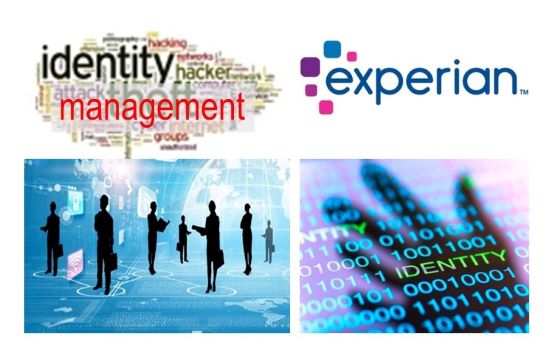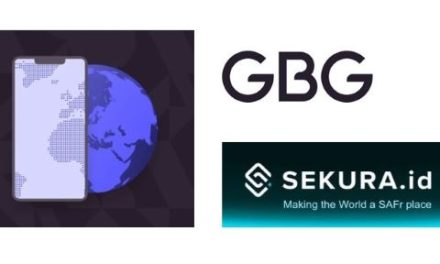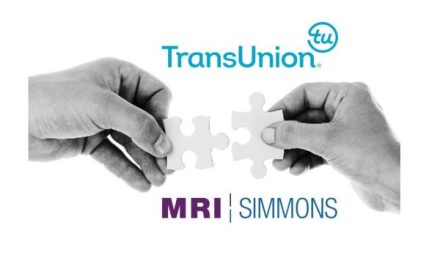Technological innovations, advanced data analytics and evolving government standards are making it easier to for businesses to manage both the security and convenience expectations of their customers, according to Chris Ryan, a senior fraud solutions consultant with Experian.
 Ryan contributed an article to GCN about how the National Institute of Standards and Technology’s digital identification standards, along with document verification and biometric technologies, can eliminate most friction from government agency interactions, including the need for an in-person visit. Experian’s 2019 Global Identity and Fraud Report shows that security is the most important feature of the online environment, followed by customer experience.
Ryan contributed an article to GCN about how the National Institute of Standards and Technology’s digital identification standards, along with document verification and biometric technologies, can eliminate most friction from government agency interactions, including the need for an in-person visit. Experian’s 2019 Global Identity and Fraud Report shows that security is the most important feature of the online environment, followed by customer experience.
Ryan argues that despite the popular perception that the two are competing goals, this is no longer the case. The report also shows that 74 percent of consumers are more confidant in physical biometrics than passwords to protect their information, and Ryan recommends a NIST standards-compliant ID document check and biometric selfie for meeting government regulations in the public sector.
“Usually innovation comes from private companies, and it takes the government years to catch up, but in this case, regulations have pushed the public sector ahead of private enterprises,” Ryan writes. “Given the flexibility built into NIST’s updated regulations, it’s time for government to take the next step and apply advanced data and technology, such as document verification, to effectively remote identity proof individuals. This process will ease the burden on consumers and workers, removing the need for a crowded, in-person experience.”
Scotland’s Improvement Service recently selected Yoti to secure a number of digital government interactions.
Source: Biometricupdate.com


























